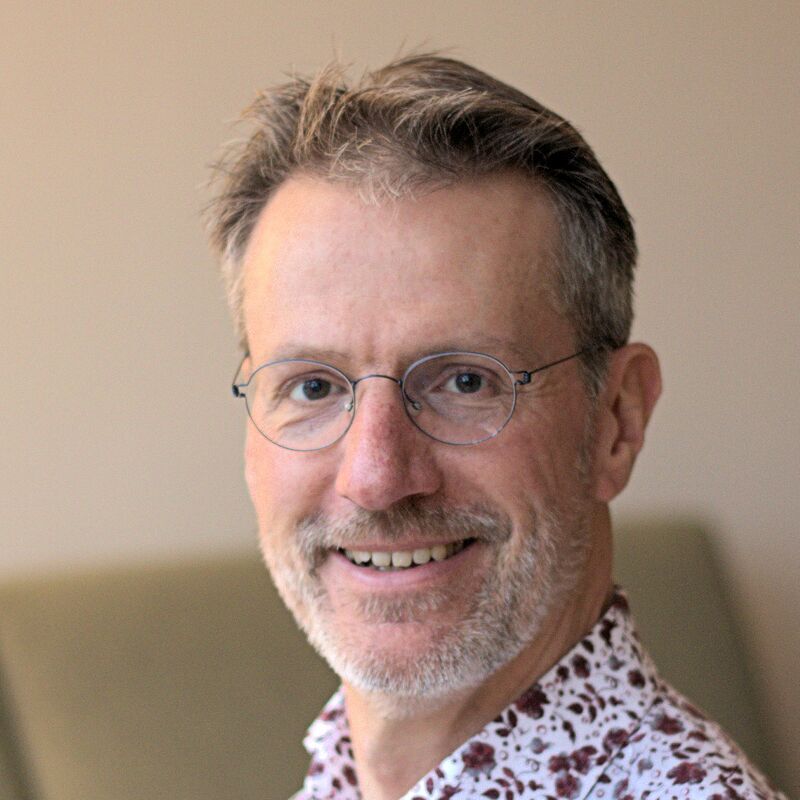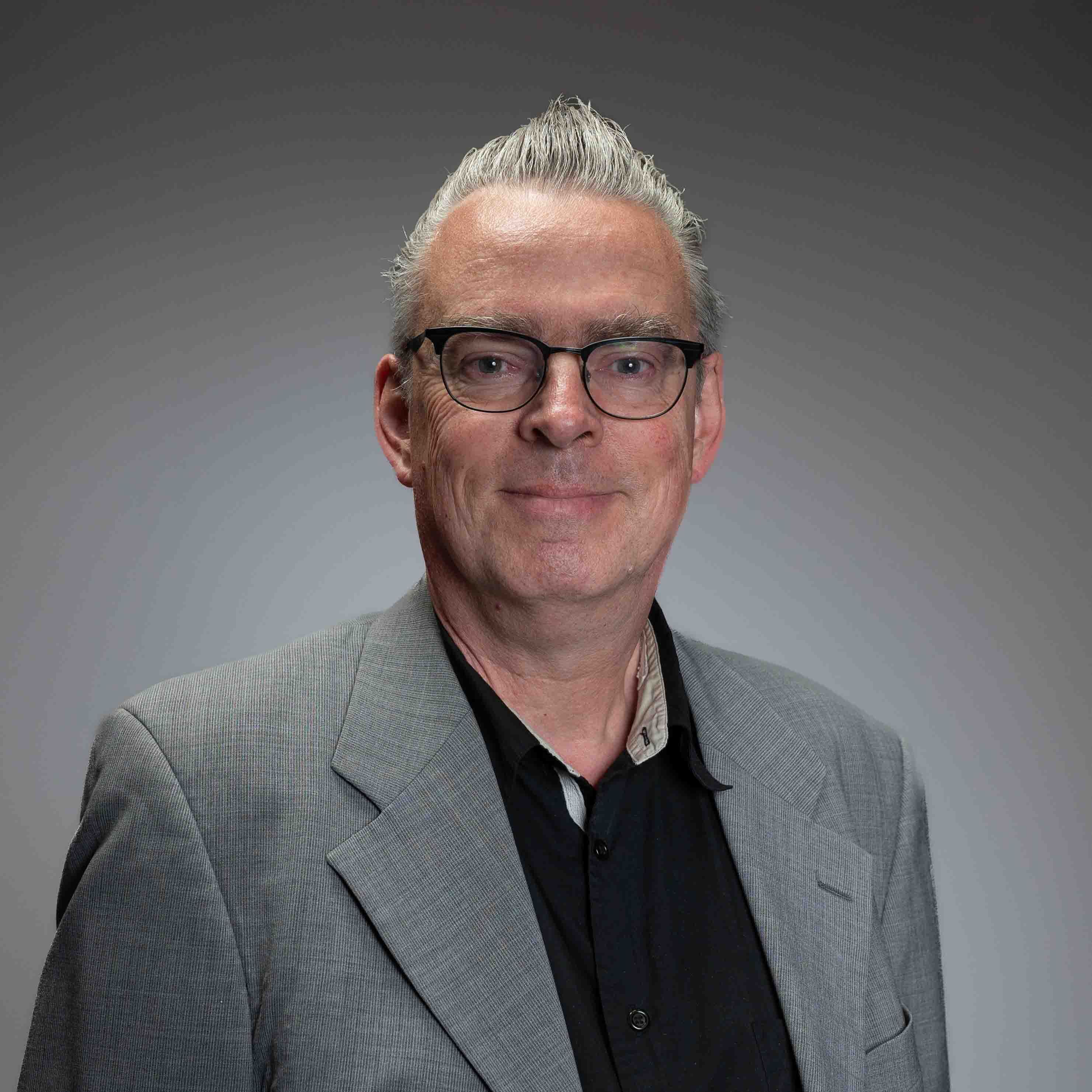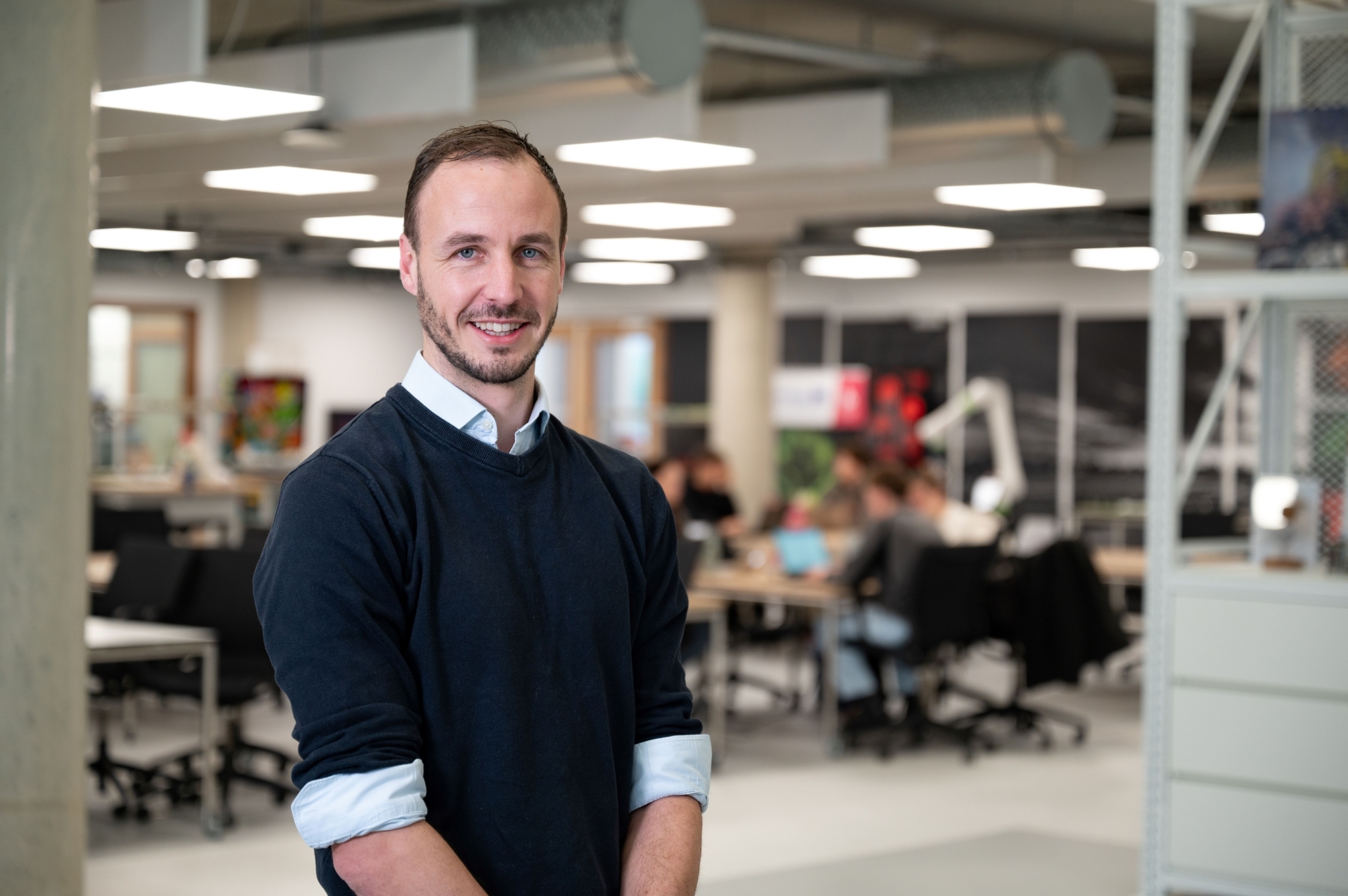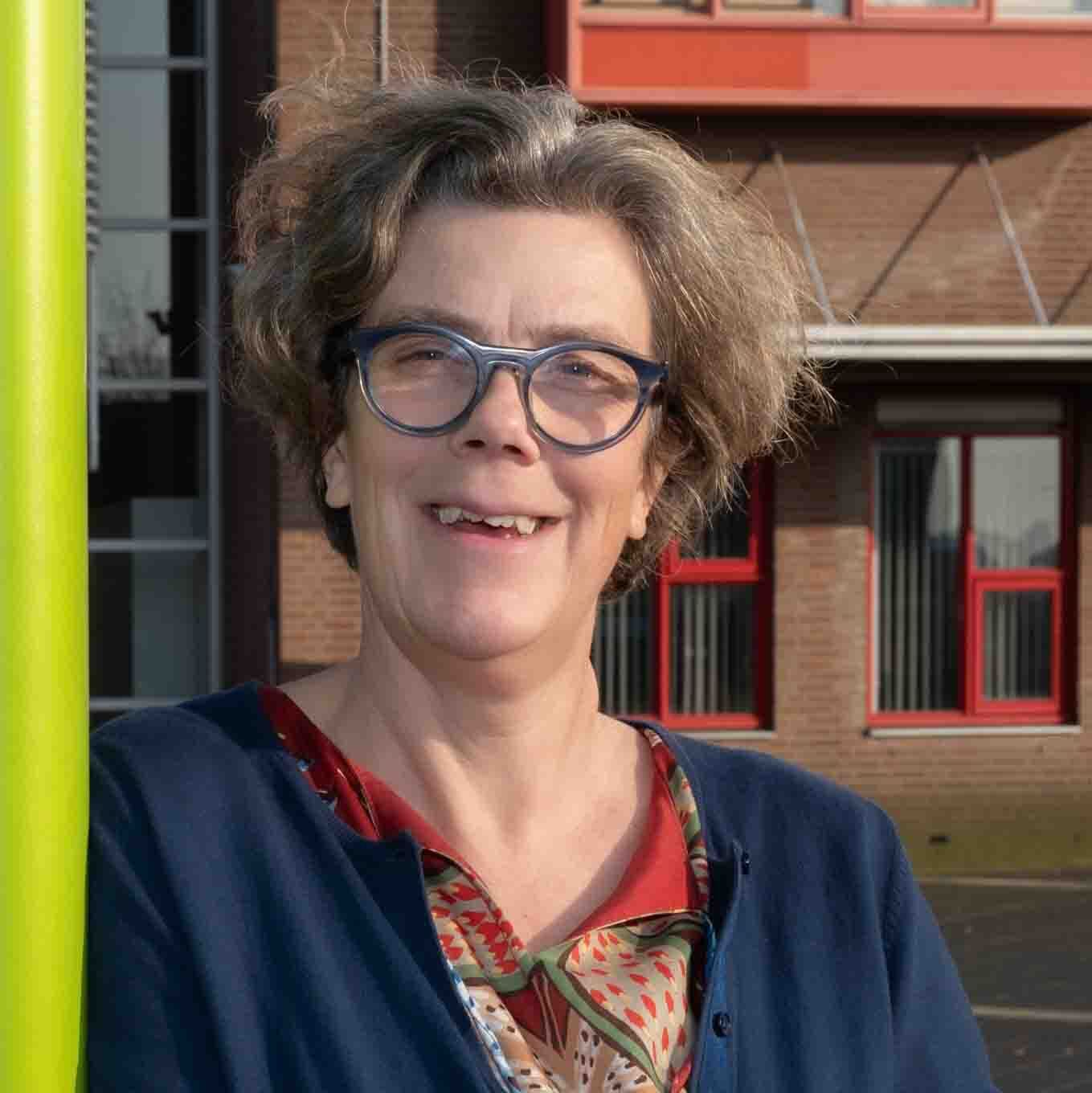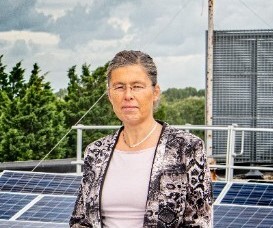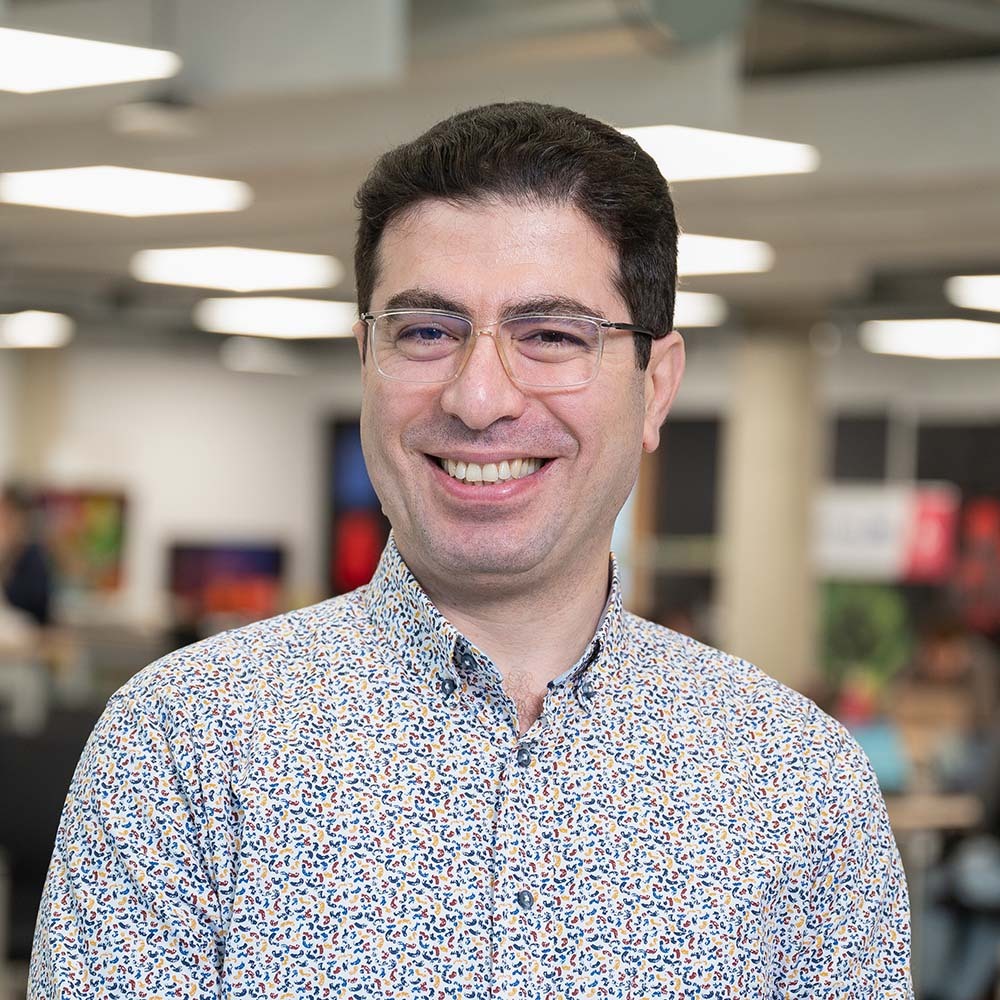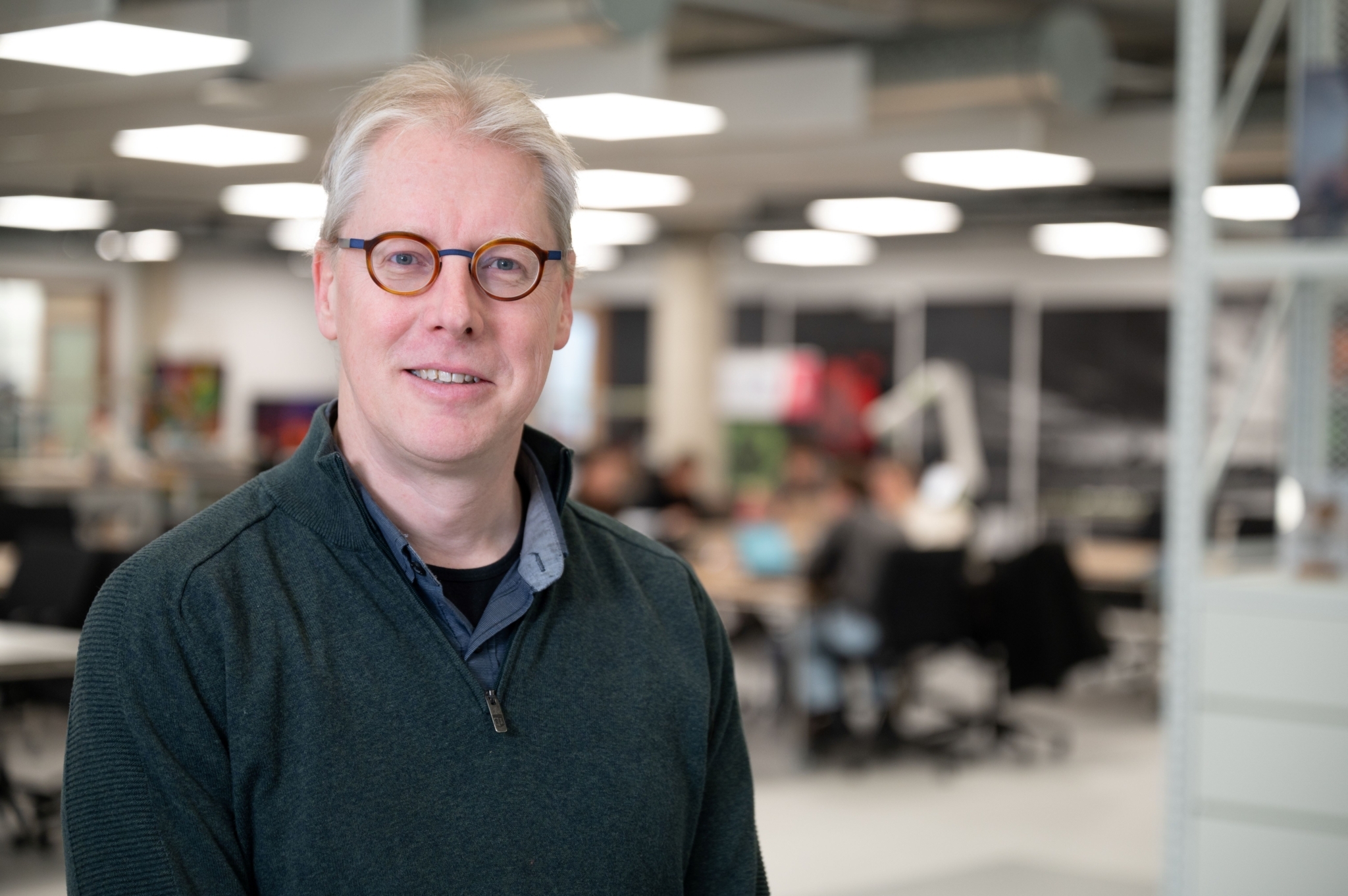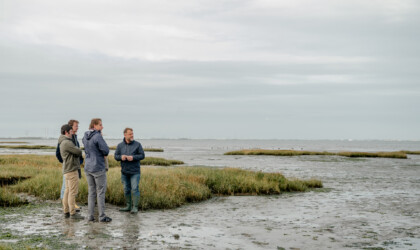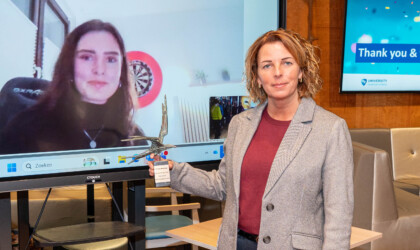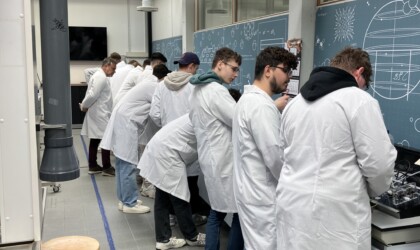The Delta Power associate professorship researches the potential of delta regions for sustainable energy generation and storage.
There are plenty of energy sources in the delta regions: running water, wind and sun. Everyone knows about windmills and solar panels by now, but can you also generate energy with water that flows, falls or moves in waves? Which technology works best? What yields the most at an affordable cost? How can we store energy and feed it back into the grid? And what fits best in the environment and is ecologically responsible? Delta Power tries to find answers to these questions through practical research.
Livability
More and more people are expected to live in delta areas. To keep such areas liveable, sustainable use of the earth is a must. This includes sustainable energy generation. With the knowledge resulting from Delta Power's research, cheaper and more efficient systems can be made to suit delta areas worldwide.
Jacob van Berkel is a lecturer in Delta Power. He delivered his lectorate speech on 2 November 2017: 'Delta Power, symbiosis of energy and water'.
Projects
Energy Campus Zeeland
Energy Campus Zeeland accelerates the energy transition by connecting education,…
Energie(k) Onderwijs
Energie(k) Onderwijs or Energetic Education is a border region project that will…

